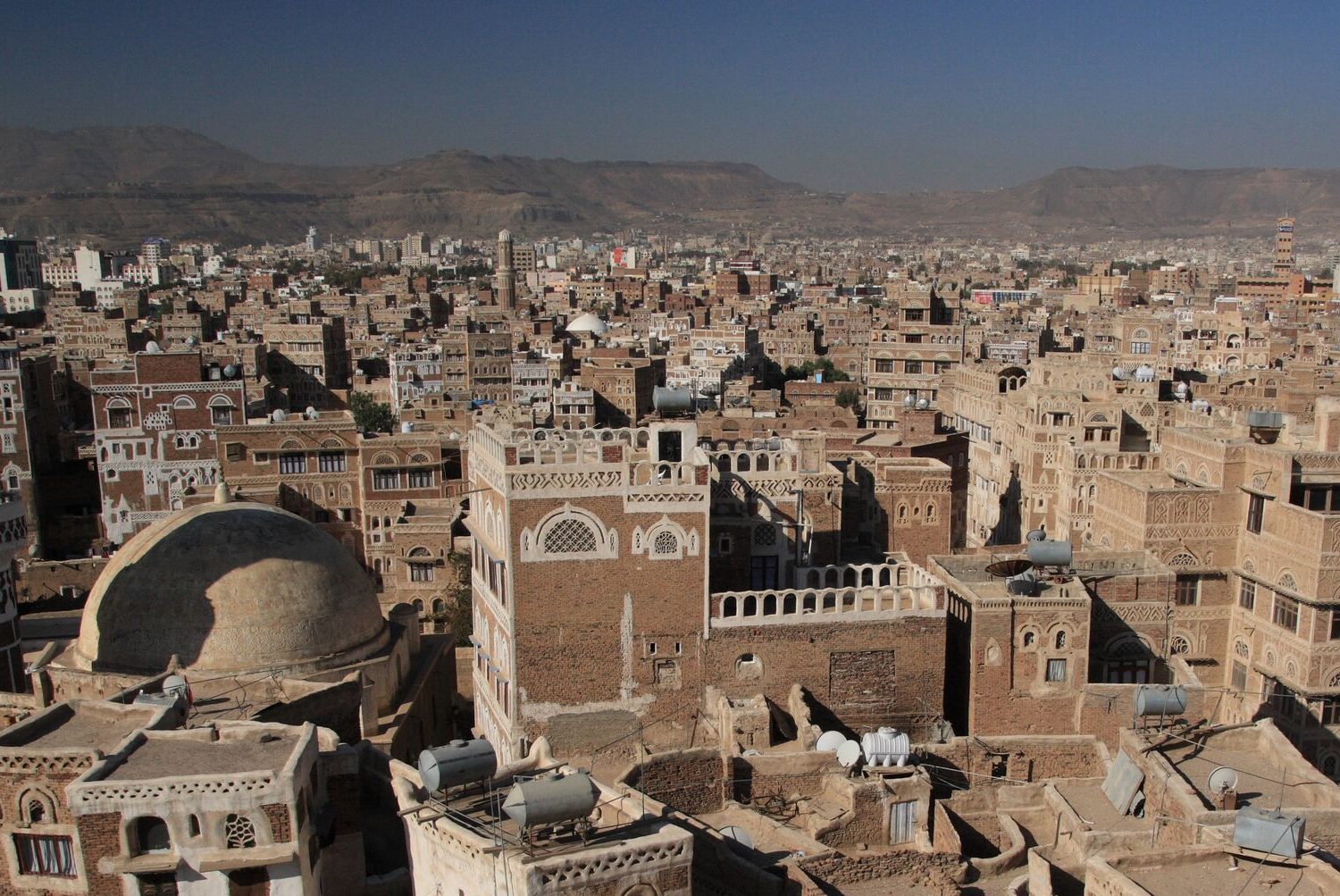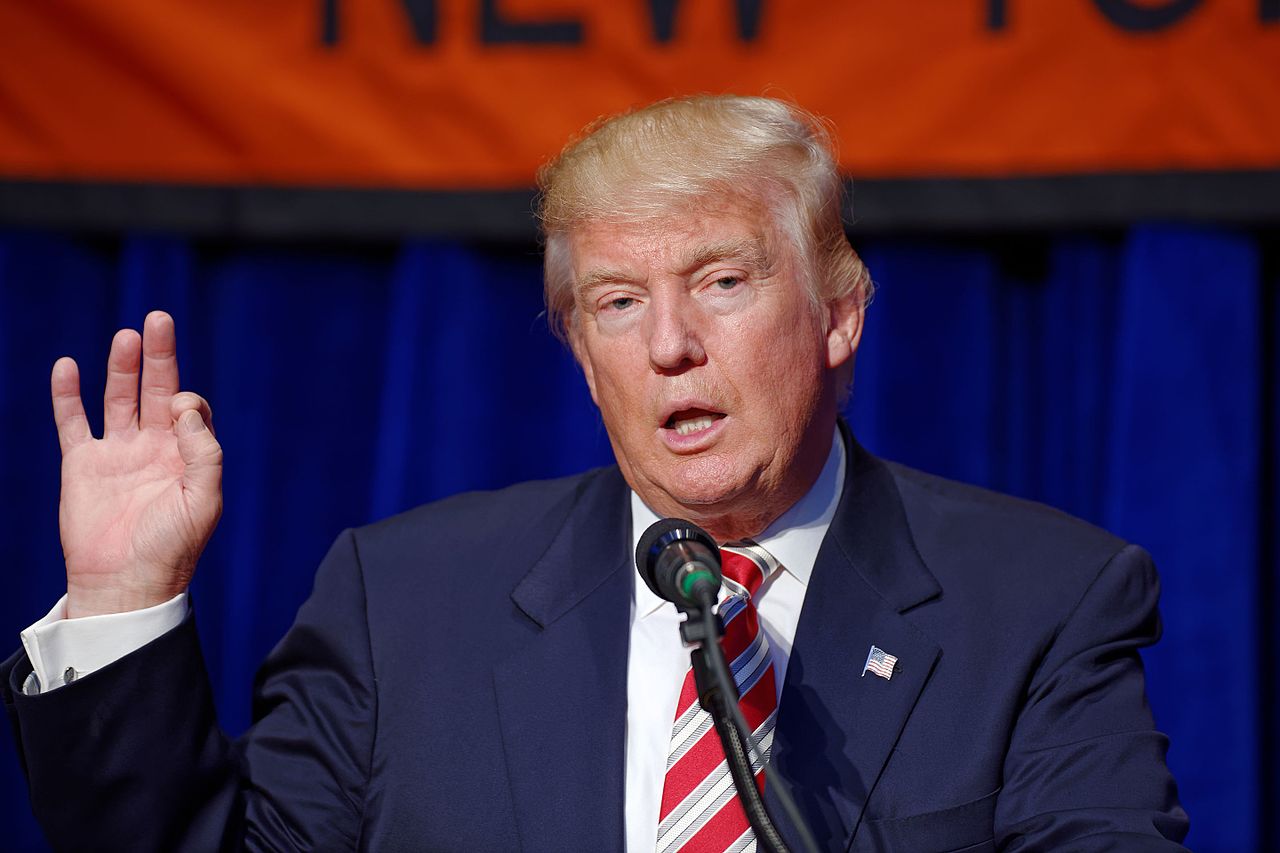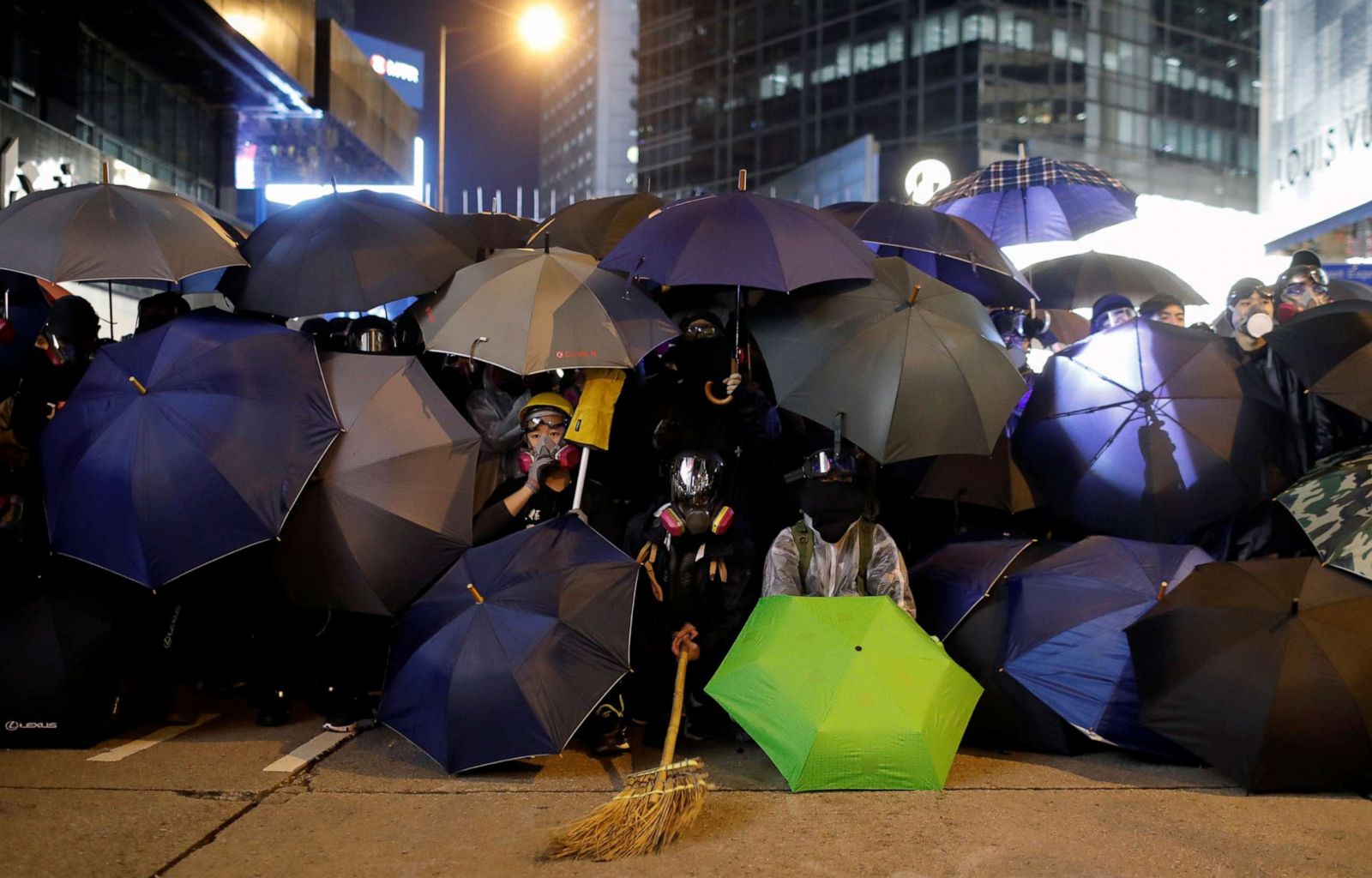On the night of November 4, a loud explosion rocked the area outside of King Khalid International Airport in Riyadh. In the hours that followed, it was determined that Houthi rebels in Yemen had fired a Burkan 2-H scud missile that was intercepted by the kingdom’s anti-ballistic missile network.
Following the Riyadh incident, the Saudi government did not hesitate to blame Iran, noting that it was, “direct military aggression by the Iranian regime and may be considered an act of war.” A few months before, this incident would have made headlines and been largely greeted with a shrug by the world community. For months and arguably years, the turbulent situation in Yemen has, to an extent, been largely subsumed by other hostilities in the region, particularly the conflicts in Syria and Iraq, which were considered by some to be de facto international proxy wars. However, it appears that this latest provocation may be setting the gears for a much direr situation in Yemen.
The precariousness of the situation can be traced to not only the repercussions of the Syria conflict, which upset the regional power balance, but also the relative inexperience of the new Saudi Crown Prince and US President Trump. Both men are particularly eager to cement their domestic authority by displaying a “strong man” image on the international stage. Their inexperience, however, makes the risk of escalation more likely by complicating efforts to address the epidemic of cholera and famine in Yemen.
Overshadowed by the conflicts in Iraq and Syria, Yemen has largely managed to stay off the global community’s radar. As the poorest country in the Middle East, Yemen has struggled with political instability since reunification in 1990 of South Yemen (People’s Democratic Republic of Yemen) and North Yemen (Yemen Arab Republic). The years of the north-south divide, however, have left their mark with long lasting repercussions.
Former President Ali Abdullah Saleh, from the north, was ousted following protests during the Arab Spring. He was replaced by the short-lived, American-backed government of President Abdu Rabbu Mansour Hadi from the south. Following his fall from office, in a marriage of convenience, Saleh allied himself with Houthi forces from the north, plotting his return to power.
In 2015, these plans came to fruition during the September 21 Revolution when Houthi forces invaded the capital and took control of the presidential palace and parliament. This particular development was considered unacceptable by Saudi Arabia, which viewed the Houthis as a proxy force for Iranian interests. Saudi Arabia, which has a long and porous border with Yemen, began a campaign of air strikes against the Houthi government in 2015. Since that time, a relative stalemate between the two groups – the Houthis and the Southern faction – has developed. Neither pro nor anti-Houthi forces are powerful enough to control the entire country. However, Saudi Arabia has nonetheless persisted with an unending air campaign against the Houthis. This political instability has provided the sparks that has inflamed the present state of affairs in Yemen.
Under the Saudi blockade, Yemen has been faced with a horrific humanitarian situation that shows no sign of abating. Prior to the present crisis, Yemen already had sizeable environmental problems and issues concerning food scarcity. With a growing youth population, Yemen was running out of water as it exhausted its underground supplies. Already an arid country, the effects stemming from climate change have hit the country hard, making the land gradually inhospitable to human life and agriculture.
The blockade has been catastrophic as Yemen relies on sea lanes to provide 85 percent of its food and medicine supplies. It is estimated that the food supply of 17 million people (two-thirds of the total population) is insecure and roughly seven million people are at risk from famine. Instead of lessening the restriction on aid flow, Saudi Arabia has actually tightened the blockade, making the situation even more dire. For a period, the country was essentially isolated by land, sea, and air, preventing aid groups such as the International Red Cross and Médecins Sans Frontières from providing vital aid supplies.
Following international pressure, a few border crossings and ports have reopened to commercial activity. Nevertheless, the situation remains dire. The UN has warned that Yemen could face, “the largest famine the world has seen in many decades, with millions of victims.” In addition to rampant famine, Yemen is suffering from one of the world’s worst outbreaks of cholera in recent memory. This year alone, more than 500,000 Yemenis have been afflicted by the disease, and two thousand people have died, mainly children. Due to the blockade, imports of desperately needed chlorine tablets have been slow to reach heavily affected areas. After years of conflict, the medical system within Yemen is simply unequipped to respond to the scourge of cholera and famine.
Addressing the internal situation of Yemen has been further complicated by outside geopolitical forces. As the Syrian crisis winds down, it appears increasingly likely that President Bashar al-Assad will remain in power. Iran has provided substantial resources in order to prop up the Assad regime, while Saudi Arabia has backed the rebels in the conflict. Outflanked in Syria, Saudi Arabia also sees growing Iranian influence in Iraq as the United States has grown more concerned with combatting ISIS.
With these developments, Saudi Arabia sees itself as being increasingly outfoxed by its main rival and under pressure to respond accordingly. Such instability in the regional power dynamic would, in normal circumstances, be concerning. However, both Saudi Arabia and the United States are under the helm of erratic and untested leadership, making this situation far beyond just “concerning.”
For his part, Crown Prince Mohammad bin Salman has attempted to project an aura of power and authority. In November, the crown prince arrested 11 princes and numerous ministers placing them under “house arrest” at the Riyadh Ritz Carlton. Critically, the princes that he arrested were not low-level players. One of the world’s richest men, Prince Alwaleed bin Talal and a political rival of the prince were also caught up in the purge.
While the power grab has temporarily cemented his grip on the kingdom, the crown prince will be under enormous pressure to silence potential critics. With growing Iranian influence in the region, he will likely be tempted to expand the scope of the kingdom’s operations in Yemen. This possibility may not have been as concerning in years past when the United States might have persuaded the Saudis to lessen hostilities. However, Trump has voiced approval of the Crown Prince’s power grab and seems to have given the Saudis a blank check with which to combat the Iranians. In addition, Jared Kushner, one of the president’s top advisors has also developed a close relationship with Saudi Arabia and especially the Crown Prince due to their shared antipathy towards Iran.
President Trump tweeted that the crown prince and the king, “know exactly what they are doing,” and that, “some of those they are harshly treating have been ‘milking’ their country for years.” As evidenced by Trump’s Twitter account, the President has an uncanny ability to inflame rather than tone down conflicts. In September, Trump referenced a fake news article about a missile test that did not happen, tweeting: “Iran just test-fired a Ballistic Missile capable of reaching Israel. Not much of an agreement we have!” Adding another complication to the already tense regional dynamic, Trump has vowed to get rid of the Iranian nuclear deal. Trump’s admiration for Saudi Arabia as well as Iran’s intervention in Yemen lays the groundwork for an escalation of US involvement or at the least support for the Saudi campaign.
With Iranian involvement, the threat of a Saudi and American-aided escalation is a real possibility. This would not only make the outbreak of cholera and famine in the country worse, but could lead to war. Moreover, the recent death of former president Saleh has led to further turmoil. While previously aligned with the Houthis, Saleh had recently switched sides and attempted to negotiate with the Saudis in an attempt to regain power. Viewed as “treason” by the rebels, Saleh was sought out and eventually killed. While the exact circumstances of his death remain uncertain, Saleh’s son has already made seeking out revenge for his father’s death a top priority.
In total, these events demonstrate that the situation in Yemen is reaching a critical point.
International pressure is needed to persuade Saudi Arabia to allow convoys of aid to reach those that need it most, especially in rural areas. Moreover, steps should be pursued to lessen the Saudi air campaign, which has given rise to the most recent outbreak of cholera. The air campaign has decimated waste treatment facilities and made it difficult to supply much needed supplies of fuel.
Nevertheless, such a strategy to persuade Saudi Arabia will likely be difficult. Saudi Crown Prince Mohammad bin Salman is in the midst of a campaign to centralize power in a country now faced with a strongly empowered Iran. This imbalance is worsened by a lack of American leadership in the region. Nonetheless, ensuring supplies of humanitarian relief, particularly food and chlorine tablets, is critical.
As demonstrated in the past, political and economic uncertainty, as well as humanitarian disasters, provide fertile breeding ground for the spread of radical groups. While Al-Qaeda has lost much of its following around the world, it still maintains a relatively strong base of operations in Yemen. An escalation in military involvement by outside powers combined with a lack of response to the humanitarian crisis, will ensure a new generation of desperate and radicalized youth.
- Yemen Crisis: Has a Turning Point Been Reached? - February 8, 2018
- Monster Viruses and Dangerous Diseases: How Climate Change Threatens to Upend Global Health - February 8, 2018
- Uncertain Trajectory: Kazakhstan’s Perilous Path on the World Stage - November 1, 2017






